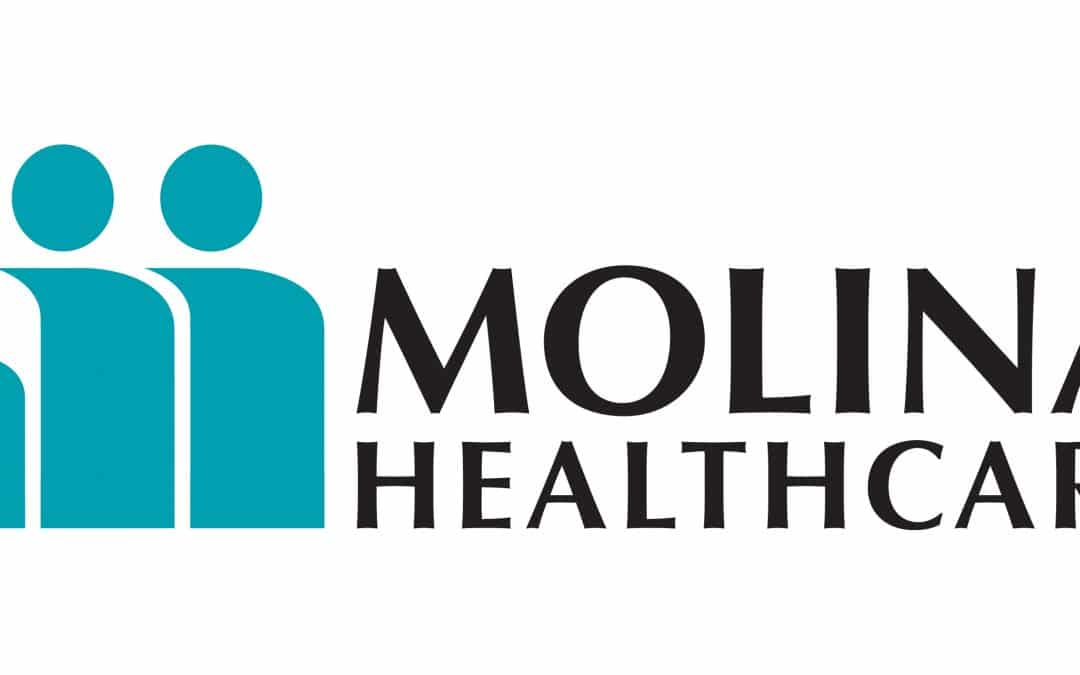
Former OCR Official Reveals Top Reason for Risk Analysis Audit Failure
A key reason for risk analysis failure during an audit by the HHS Office for Civil Rights is mistaking a technical or non-technical evaluation for a risk analysis.
Read MoreThe HIPAA Security Risk Analysis, also known as a security risk assessment, is a fundamental process required by the HIPAA Security Rule. Health care providers, payers, clearinghouses and Business Associates are all required to conduct a HIPAA SRA. A limited-scope SRA is also required by the Meaningful Use (Advancing Care Information) program. For Meaningful Use, the SRA is required on an annual basis.

A key reason for risk analysis failure during an audit by the HHS Office for Civil Rights is mistaking a technical or non-technical evaluation for a risk analysis.
Read More
A recent report on healthcare cybersecurity shows the industry 15th out of the 18 major US industries surveyed. In Part II of this two-part article, we investigate why healthcare organizations struggle to keep up with cybersecurity threats.
Read More
A recent report on healthcare cybersecurity shows the industry 15th out of the 18 major US industries surveyed. In Part I of this two-part article, we explore this poor rating and investigate why healthcare records are so appealing to criminals.
Read More

The Security Risk Analysis (SRA) remains a requirement for the new Advancing Care Information (ACI) category of MIPS. A change enacted this year requires that the SRA be complete by 12/31/2017 under ACI, the Medicaid Meaningful Use program for physicians, and Hospital Meaningful Use programs. Practices who need outside help are advised to schedule their early to ensure that it is completed on time, and to avoid
Read More